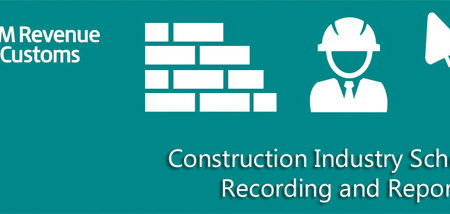One of the first tasks you will have when setting up your business will be to decide between a new limited company or become self-employed. The different business structures have their own advantages and disadvantages, so it is important that you understand what each offer to you. This is an important decision that could have consequences for future. Below you can find some of the differences between being self-employed and a limited company.
If you are self-employed your business profits and other personal income are taxed. You cannot move profits to future years. In the 2022/23 tax year the personal allowance is £12,570. This is the tax-free amount. You pay income tax at 20%, 40% or 45%, according to your annual profit. In addition, you must pay National Insurance Contributions.
LTD companies are required to pay income tax on their business profits. The corporate tax rate is currently 19%. Limited company can retain profits and distribute them as dividends in future tax years if necessary. Directors may wish to delay paying income tax on dividends in a good year and move dividends to the next tax year.
One of the main advantages of working as a limited company is that personal and business finances are separate, so if a claim is made against the company, you will not lose your personal finances. However, the limited company directors, have to deal with more paperwork and have various legal and statutory obligations.
In tax matter, limited company directors can potentially pay less tax if they pay themselves small salaries and high dividends that are free of insurance contributions. Self Employed income is subject to Class 2 and 4 NICs and income tax.
If you start as a sole trader and later want to set up a limited company, this is easy to do.
Whichever you decide on, we always recommend discussing your situation with an accountant.




